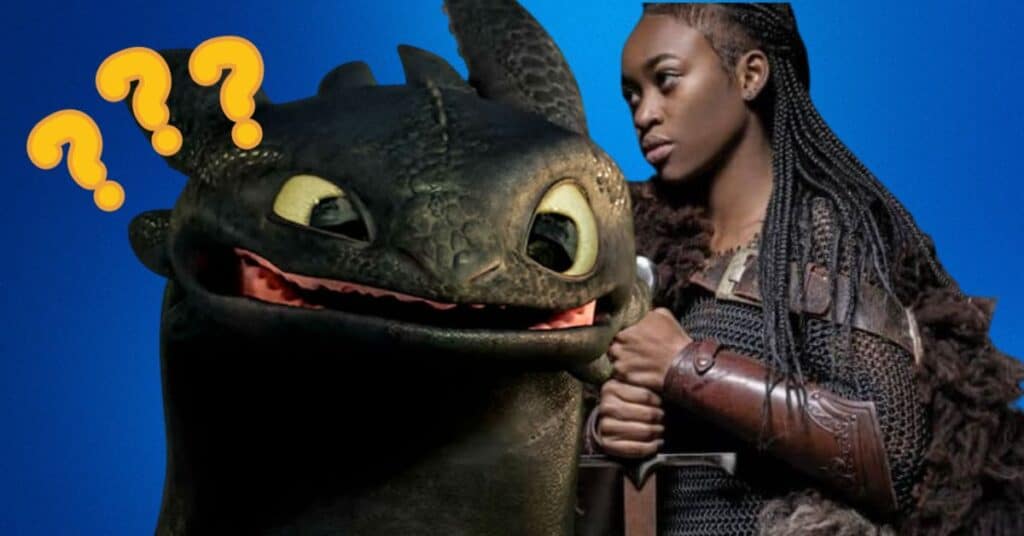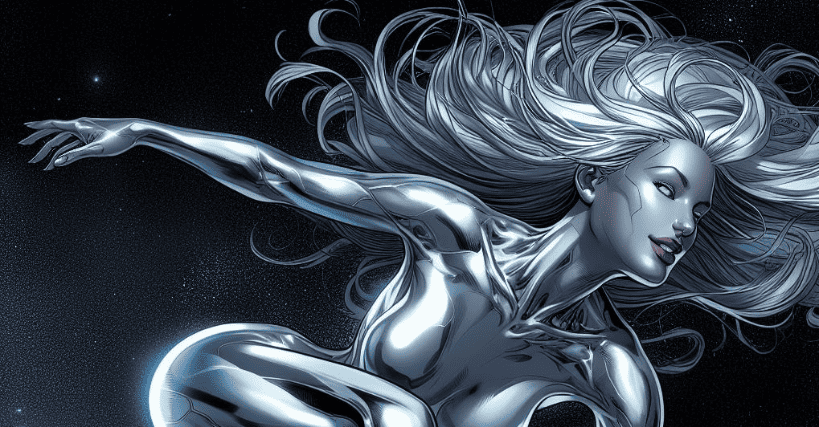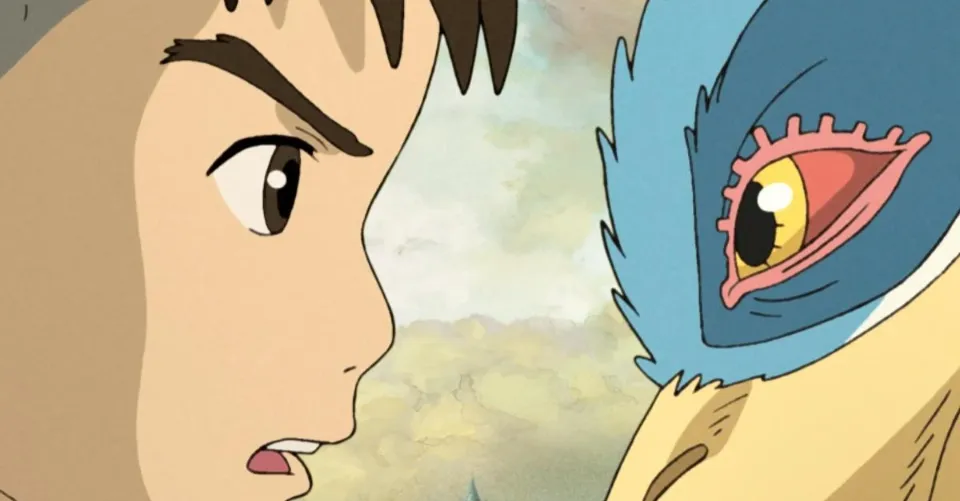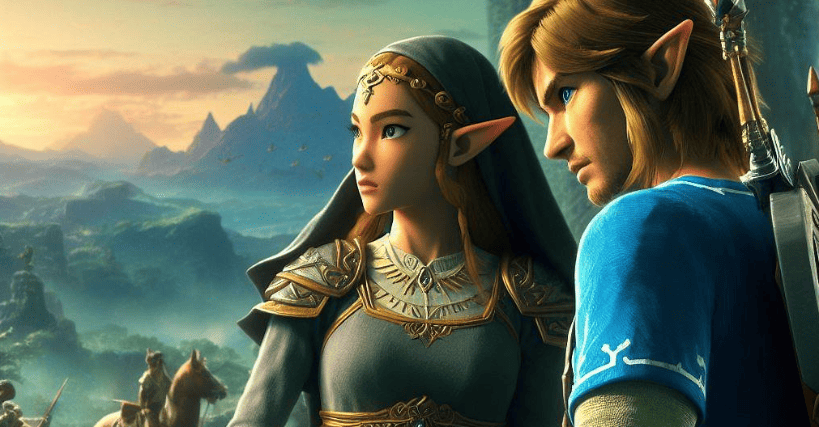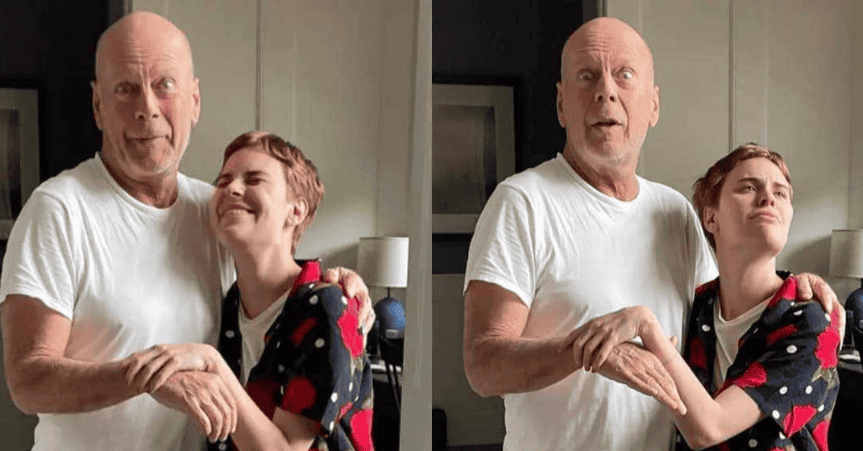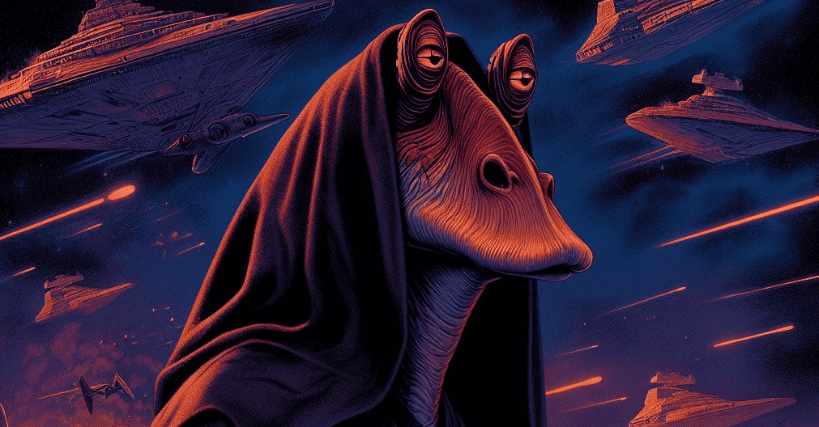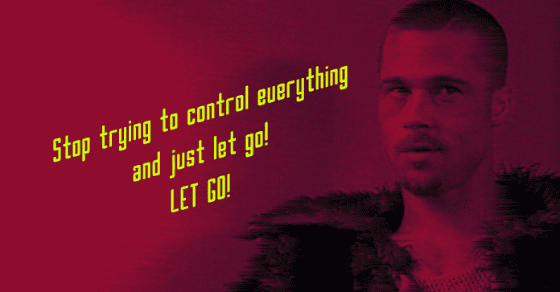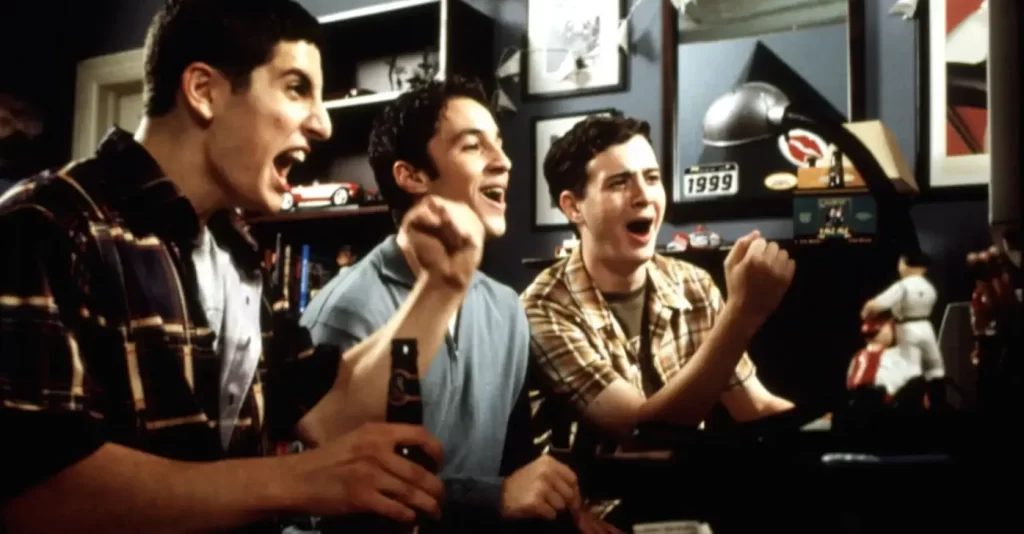How to Train Your Dragon Live Action Movie: Hollywood’s Disaster – A Viking Tale Co-Opted by the Woke Agenda
Ah, Hollywood. The land where creativity goes to die under the crushing weight of reboots, remakes, and the woke agenda. Their latest target? Vikings. Yes, those axe-wielding, mead-guzzling, dragon-whispering warriors of Nordic fame are next on the chopping block. Enter the live-action adaptation of How to Train Your Dragon, a cultural touchstone that’s about to get plundered in the name of “progress.” Spoiler alert: it’s a bad thing. The Original Story The term “woke” has a rich history that predates its current, often diluted usage. Originally, it emerged from Black American culture in the 1930s, gaining prominence through Lead Belly’s song “Scottsboro Boys.” This powerful piece told the harrowing story of nine young Black men falsely accused of raping two white women in northern Alabama. The song’s lyrics, “Stay woke, stay woke,” were a clarion call, urging listeners to remain vigilant against the social injustices plaguing the Black community. This original meaning of “woke” was deeply rooted in the struggle for racial equality and social justice—a far cry from the term’s current, often superficial application by Hollywood. The Original Film vs. This… Thing The original film was a masterpiece. It celebrated Viking culture, blending stunning visuals with respect for its Norse roots. Characters like Hiccup and Stoick didn’t just exist—they embodied a society shaped by wind-whipped fjords, mythology, and grit. The How to Train Your Dragon live-action movie? It’s a hollow shell. Hollywood’s casting choices, it seems, are less about authenticity and more about ticking boxes. Inclusivity is great, but erasing an entire culture to achieve it? That’s a pejorative term waiting to happen. Stay Woke, Hollywood The concept of “stay woke” was once about awareness, social justice, and fighting oppression. Historically, its earliest uses were tied to African American communities rallying against social injustice like police brutality and racism. Now? It’s been co-opted by Hollywood as an umbrella term for pandering. The irony? In their quest to represent everyone, they’re erasing the very cultures they claim to honor. Casting: When Representation Misses the Point Let’s talk casting. Imagine a Zulu Kingdom film starring white people. Or an African American biopic featuring no black actors. Outrage would follow, and rightly so. Yet when it comes to Vikings, suddenly heritage is optional. Scandinavian culture? Just a pretty aesthetic for the next box-office hit. This isn’t representation—it’s appropriation. Vikings, a historical group with rich traditions, are being sidelined in their own story. And the criticism is valid. Hollywood’s woke agenda seems more interested in optics than authenticity. The Woke Agenda and Cultural Appropriation Let’s break this down. The woke agenda, as it’s co-opted today, is supposed to support marginalized groups. But here’s the irony: when applied poorly, it does the opposite. By stripping Viking heritage from How to Train Your Dragon, Hollywood isn’t empowering anyone. It’s just appropriating culture under the guise of representation. Social Justice or Just Lazy Storytelling? Art and media have long been tools for social justice. But there’s a difference between representing a belief and erasing another in the process. Casting choices for this film feel less like a movement toward equality and more like a party trick to appease critics. Let’s not forget, this isn’t the first example of Hollywood’s tone-deaf attempts at “inclusivity.” Other examples, like casting controversies in films about Black Americans, prove that representation without context falls flat. Vikings deserve the same respect. The National Museum of Missed Opportunities If this adaptation were an exhibit in a national museum, it’d be the hall of cultural missteps. Hollywood could have represented the Viking identity authentically, embracing the group’s rich history. Instead, they’ve chosen to turn a beloved story into a platform for their woke agenda. The result? A film that satisfies no one. How to Train Your Dragon: More Than Just a Dragon Tale The original How to Train Your Dragon wasn’t just about fire-breathing reptiles. It was a story of community, identity, and resilience. Stripping that away undermines its core message. This isn’t just a film—it’s a symbol of what happens when inclusivity becomes a bad thing. The Importance of Authentic Storytelling Authentic storytelling is not just a buzzword; it’s a crucial practice for preserving the cultural elements and minority culture of indigenous communities. When cultural appropriation occurs, it erases the original meaning and significance of cultural practices. The term “cultural appropriation” refers to the act of taking or using elements of another culture without proper understanding, permission, or credit. In the context of Black culture, this is glaringly evident when artists and brands co-opt African American Vernacular English (AAVE) or Black cultural symbols without acknowledging their origins. Authentic storytelling, on the other hand, centers the voices and experiences of marginalized communities, rather than exploiting them for profit or popularity. It’s about respect, not just representation. Examples of Hollywood Missing the Mark Hollywood’s cultural appropriation roulette doesn’t stop with Vikings. From Lead Belly’s life being sanitized for white audiences to the Scottsboro Boys’ story being watered down for mass appeal, history is rife with examples of appropriation disguised as “awareness.” The How to Train Your Dragon live-action movie is just the latest misstep. Let’s Talk Food, Culture, and Context Vikings weren’t just warriors; they were farmers, artisans, and seafarers with a rich culinary tradition. Their culture is a tapestry of food, art, and mythology. Erasing that context in the name of “progress” is an insult to their legacy—and to the fans who love their story. A Society Deserves Better Scandinavian heritage isn’t just a backdrop for Hollywood’s woke agenda. It’s the backbone of a society that has influenced everything from literature to gender studies. Ignoring that in a film about Vikings isn’t just lazy—it’s insulting. Criticism Isn’t the Enemy When fans criticize Hollywood’s choices, it’s not because they’re against inclusivity. It’s because they value authenticity. Vikings are more than an aesthetic—they’re a culture with stories that deserve respect. Race, Gender, and the Woke Checklist The casting choices in this live-action adaptation feel less about the story and more about checking off boxes. Race …

